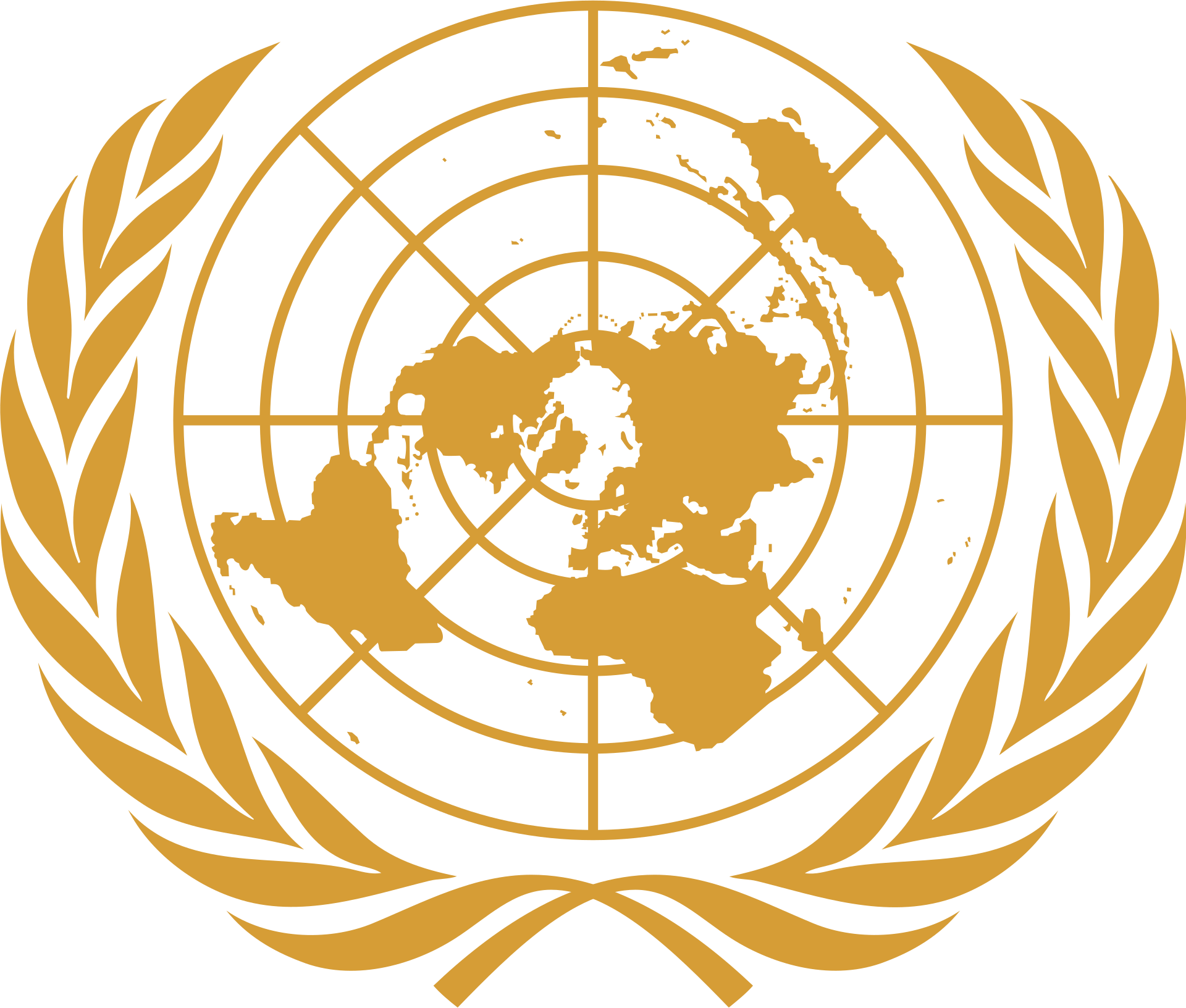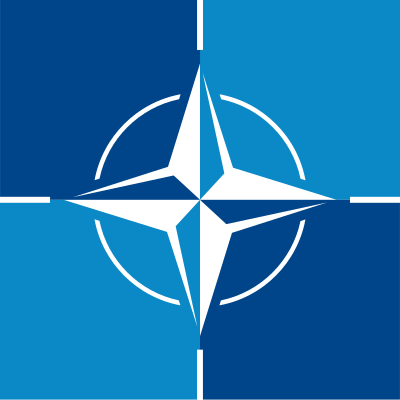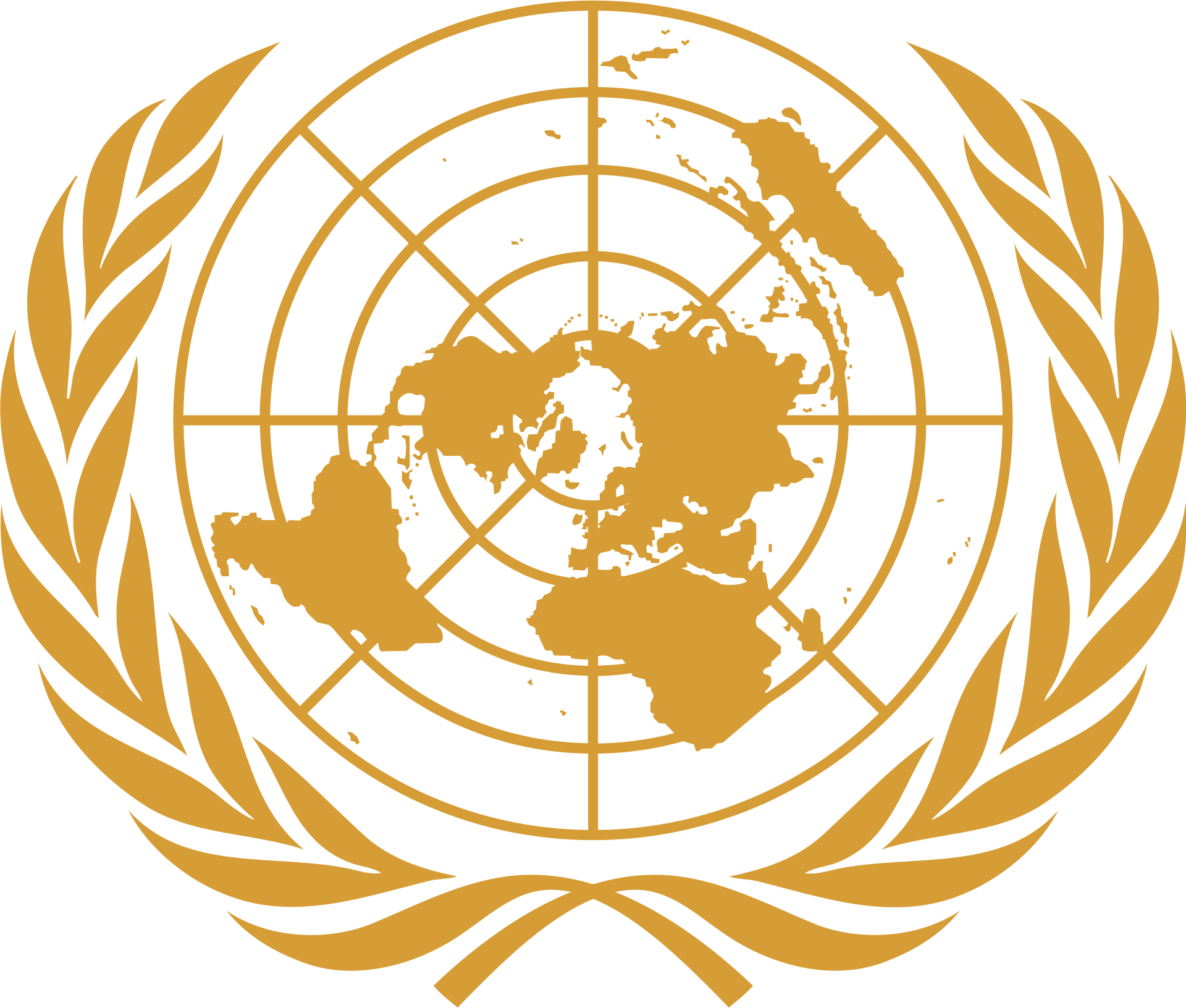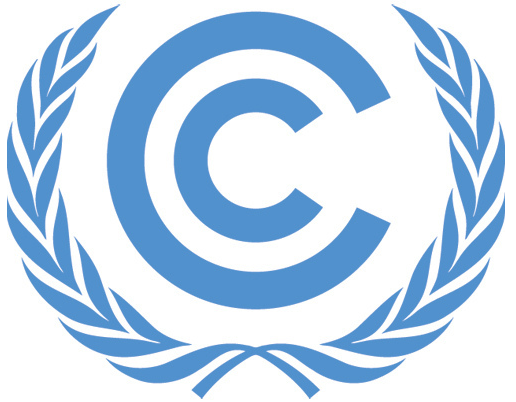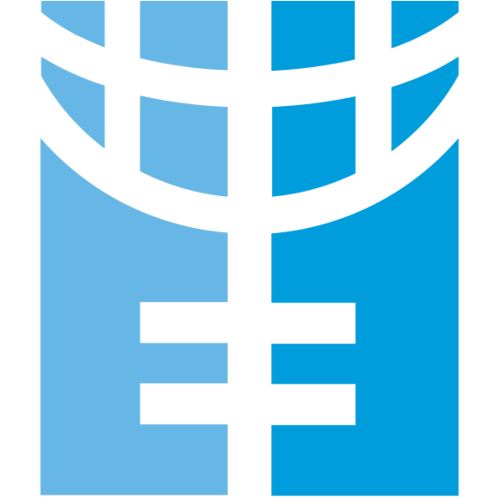European Crisis Council
The Council is the prime intergovernmental organ of the European Union. Heads of State or Government of EU member states meet in the Council in order to discuss matters related to the Union’s executive branch. The Council as we know it today was founded in 1974, and it meets in the Europa Building in Brussels. But what makes TEIMUN’s European Council a “Crisis” Council? Read more to find out.
READ MOREThe Legal Committee
The Sixth Committee of the UN General Assembly is the UN’s foremost legal forum, responsible for the creation and codification of international law. The Committee is responsible for some of the most consequential international legal conventions, such as the Vienna Convention on Diplomatic Relations.
READ MORENATO
Security is a crucial factor in ensuring the everyday life of both people and countries. NATO’s purpose is to guarantee the freedom and security of its members through political and military means. NATO promotes democratic values and enables its members to consult and cooperate on defence and security-related issues to solve problems, build trust and, in the long run, prevent conflict. NATO is committed to the peaceful resolution of disputes. If diplomatic efforts fail, it has the authority to use military power to undertake crisis-management operations.
READ MOREHistorical Security Council
Perhaps the UN’s most (in)famous organ, the Security Council is tasked with the maintenance of international peace and security. As such, it is able to deploy peacekeeping operations, enforce sanctions, and even authorize military action. Next to 5 permanent members, the Council has a roatating memebrship of 10 states elected for two-year terms. UNSC resolutions are legally binding. But what makes TEIMUN’s Security Council historical? Read more to find out.
READ MOREUNFCCC
Perhaps no threat to global wellbeing has received more attention in recent years than rampant climate change. The UNFCCC is the United Nations entity tasked with supporting the global response to this threat. As the parent treaty to the 2015 Paris Agreement, the United Nations Framework Convention on Climate Change has nearly universal membership. The aim of the UNFCCC’s treaties is to stabilize greenhouse gas concentrations in the atmosphere, in a time frame which allows ecosystems to adapt naturally and enables sustainable development.
READ MOREUN Women
The United Nations Entity for Gender Equality and the Empowerment of Women, also known as UN Women, is a United Nations entity working for the empowerment of women. UN Women works within the framework of the UN Charter and the Beijing Declaration and Platform for Action. The body operates within areas such as leadership and political participation, humanitarian action, governance and national planning, and HIV/AIDS. UN Women became operational in January 2011.
READ MORE
